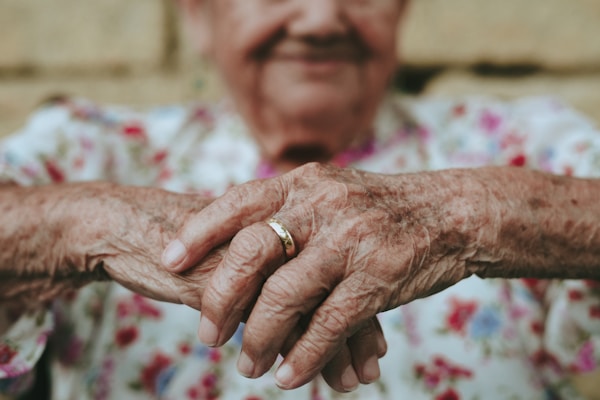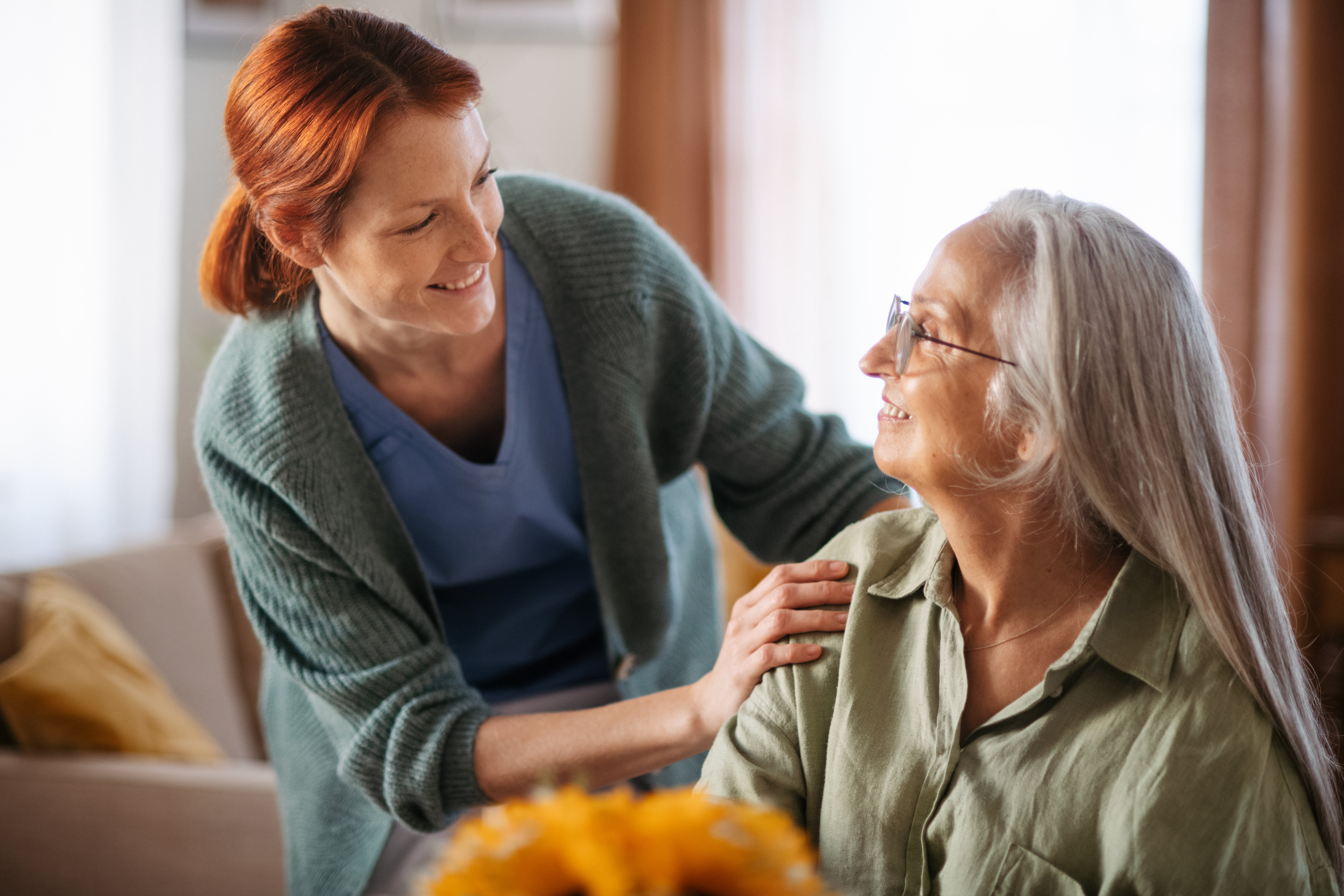As we age, our mental health can become increasingly precarious. For seniors, understanding and managing common mental health issues can be a challenge. In this article, we will explore the different mental health issues that are more common among seniors, and how to best manage and deal with them. Keep reading to learn more!
Body Insecurity
As we age, our bodies change, and many seniors may feel insecure about their appearance. This can lead to negative body image and low self-esteem, which can contribute to mental health concerns such as depression and anxiety. TruSculpt ID Body Sculpting is a non-invasive treatment that can help seniors feel more confident about their appearance. This treatment uses radiofrequency energy to reduce fat and improve skin laxity, helping seniors achieve a more youthful and toned appearance without surgery or downtime.
It is important to remember that our bodies change as we age, and it is normal to have some insecurities. However, it is also important to take steps to address these insecurities and improve our self-esteem. Exercise, healthy eating, and self-care can all help seniors feel better about their bodies and improve their mental health.
Social Isolation

Social isolation can be a significant challenge for seniors, particularly those who live alone or have limited social support. Without regular interaction with friends and family, seniors may experience feelings of loneliness, depression, and anxiety. One way to combat social isolation is to stay connected with others through technology. For example, many seniors are now using “Uber for seniors” services to get around and stay connected with others, such as GoGoGrandparent. These services provide safe and reliable transportation to and from appointments, social events, and other activities without the need for a smartphone, helping seniors maintain their independence and stay engaged with the world around them.
Another way to combat social isolation is to participate in community events and activities. Many communities offer senior centers or other programs that provide social opportunities for seniors. These events can help seniors meet new people, learn new skills, and stay engaged with their community.
Loneliness
Loneliness is a common concern among seniors, particularly those who have lost a spouse or are living alone. Without regular social interaction, seniors may feel isolated and disconnected from the world around them.
To combat loneliness, seniors can participate in social activities, such as joining a club or group. These activities can provide regular social interaction and help seniors feel connected to others. Seniors can also consider volunteering or taking on a part-time job, which can provide a sense of purpose and help them stay engaged with their community. It is also important for seniors to maintain relationships with family and friends. Regular phone calls, video chats, and visits can help seniors feel connected and supported, even if they are unable to see loved ones in person.
Forgetfulness

As we age, forgetfulness can become more common, and many seniors may worry about developing memory problems or dementia. However, it is important to remember that forgetfulness is a normal part of aging and does not necessarily indicate a more serious problem.
To combat forgetfulness, seniors can engage in activities that promote brain health, such as puzzles, reading, and learning new skills. Regular exercise and a healthy diet can also help improve brain function and reduce the risk of cognitive decline. If forgetfulness becomes a concern, seniors should talk to their healthcare provider, who can provide a proper evaluation and recommend appropriate treatments or interventions.
Anxiety
Anxiety is a common concern among seniors, particularly those who have experienced significant life changes or have health concerns. Anxiety can contribute to sleep problems, irritability, and other mental health concerns.
The elderly should practice relaxation techniques such as deep breathing, progressive muscle relaxation, or meditation. These techniques can help reduce stress and anxiety and promote a sense of calm. If anxiety becomes a significant concern, older individuals should talk to their healthcare provider, who can provide a proper evaluation and recommend appropriate treatments or interventions, such as professional therapy or medication.
Altogether, it is important to recognize and address the mental health issues that commonly affect seniors. Mental health issues can greatly impact seniors’ lives, limiting their ability to enjoy life and maintain daily functioning. It is essential to prioritize mental health for seniors and provide them with the resources and support necessary for them to manage their mental health issues.











